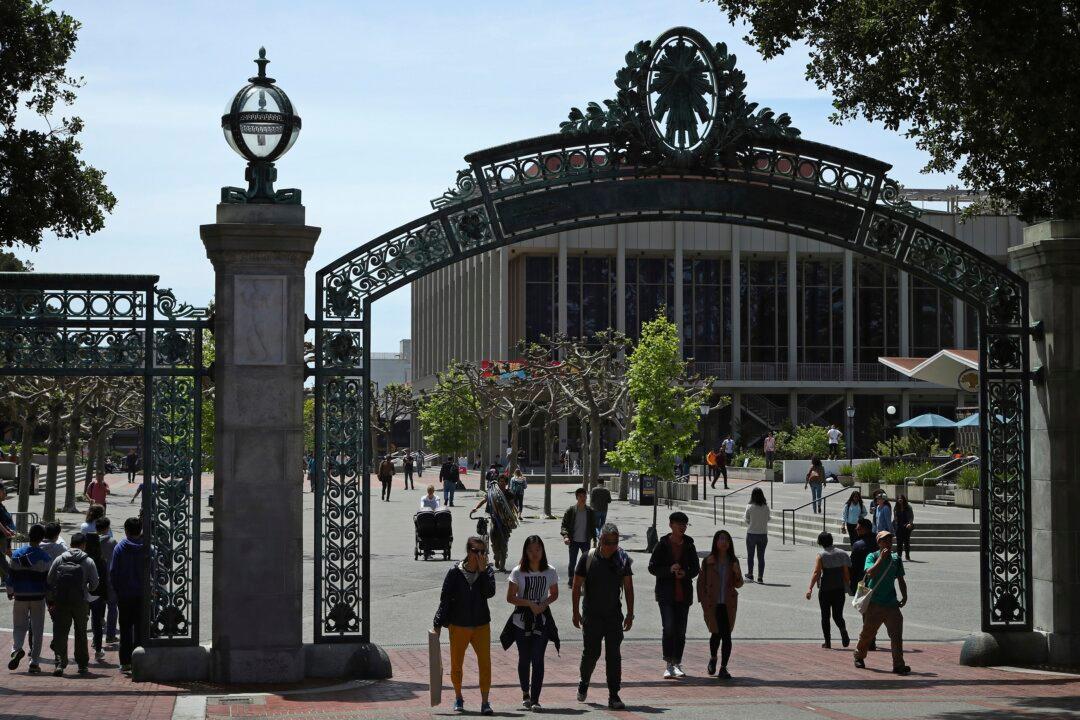Frustrated by the rising number of violent crimes targeting University of California at Berkeley students around their campus, a group of parents is taking the matter into their own hands.
SafeBears, a non-profit organization that describes itself as comprising “1,300+ Cal parents and community allies working to improve safety for UC Berkeley students,” has launched a pilot program to increase patrol forces near campus, as both university and city police departments are struggling with a shortage of manpower.





